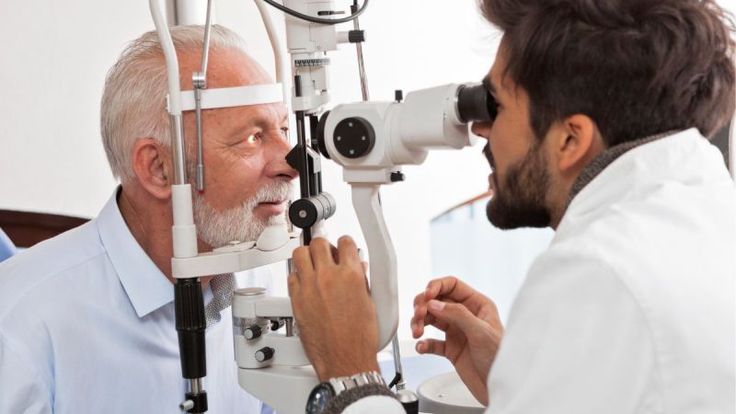Regular eye screening or exams are important to identify if one has any kind of problem with their vision. In case any irregularities are found, one may have to get a more comprehensive eye exam to determine the underlying cause of the issue. Based on the results, the ophthalmologist may recommend a course of treatment. In the opinion of Zuhal Butuner, common treatment options for eye related issues include prescription lenses, eye drops or ointment, and even surgery if the problem is serious.
Zuhal Butuner underlines the benefits of regular eye check-ups
The eyes are among the most sensitive organs of the body. However, unfortunately, many people do not give enough thought to caring for their eyes. A lot of eye conditions do not have any obvious signs or symptoms, especially in their early stages, and hence may go unnoticed till the condition becomes too serious, causing people to need glasses or even lose their sight. To steer clear of such eventualities, regular eye exams are immensely important.
Several people think that eye check-ups are only needed to out how strong corrective lenses need to be. But that is not the case. Such screenings also allow for the regular monitoring of eye health, so that any problem can be identified and addressed in the early stages itself.
There are many factors that make regular eye check-ups important, such as:
- Detecting vision problems at an early stage: Going for regular eye checkups is vital to detect and correct vision conditions at an early stage. Multiple eye related disorders like astigmatism, hyperopia and myopia may develop over type without showing any kind of noticeable symptoms. Routine eye checkups would be helpful in identifying such issues and facilitating prescriptions for glasses and contacts or other required treatments.
- Managing and preventing eye diseases: Regular eye examinations play a pivotal role in identifying and treating conditions of the eyes that may result in permanent vision loss, if left untreated. In the former stages, diseases like glaucoma, macular degeneration and diabetic retinopathy may not have any symptoms at all. Eye screenings are useful in detecting complications in the early stages itself, making sure that the treatment starts in time, which lowers the odds of serious complications.
- Addressing digital eye strain: In today’s landscape, numerous people spend a large chunk of their day in front of screens. Prolonged use of digital gadgets may lead to digital eye strain. This condition is characterized by symptoms like impaired vision, dry eyes and headaches. Regular eye tests aid in addressing these symptoms. An ophthalmologist may recommend wearing customized computer glasses or providing guidance on adjusting screen-time routines to address digital eye strain.
- Monitoring overall health: Eye checkups may even provide vital information about the general health of a person. During such screenings, ophthalmologists and optometrists might discover signs of long-term problems such as excessive cholesterol, diabetes, and hypertension. Variations in the blood vessels, retina, or optic nerve tend to serve as early warning indicators for certain widespread health issues.
As Zuhal Butuner mentions, regular eye exam is recommended for everyone, especially those over the age of 50, to make sure that they have clear vision as well as good eye health.
